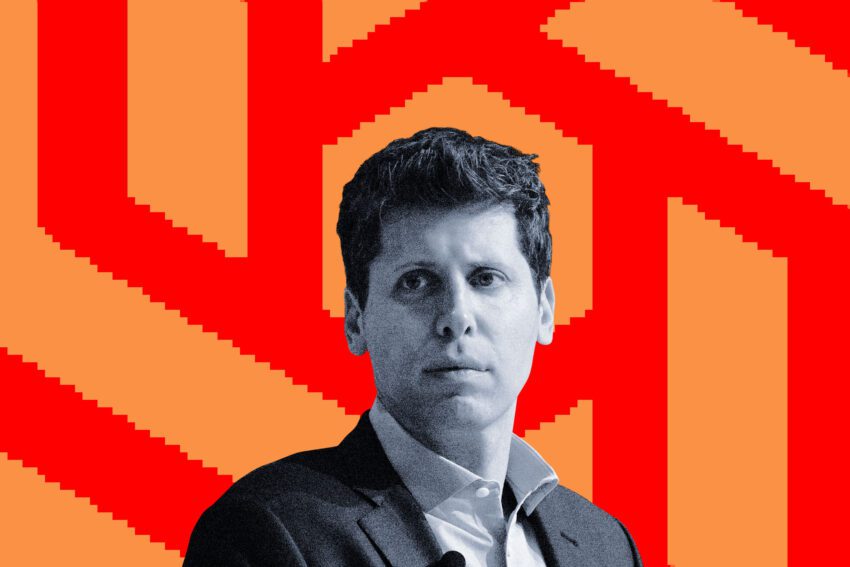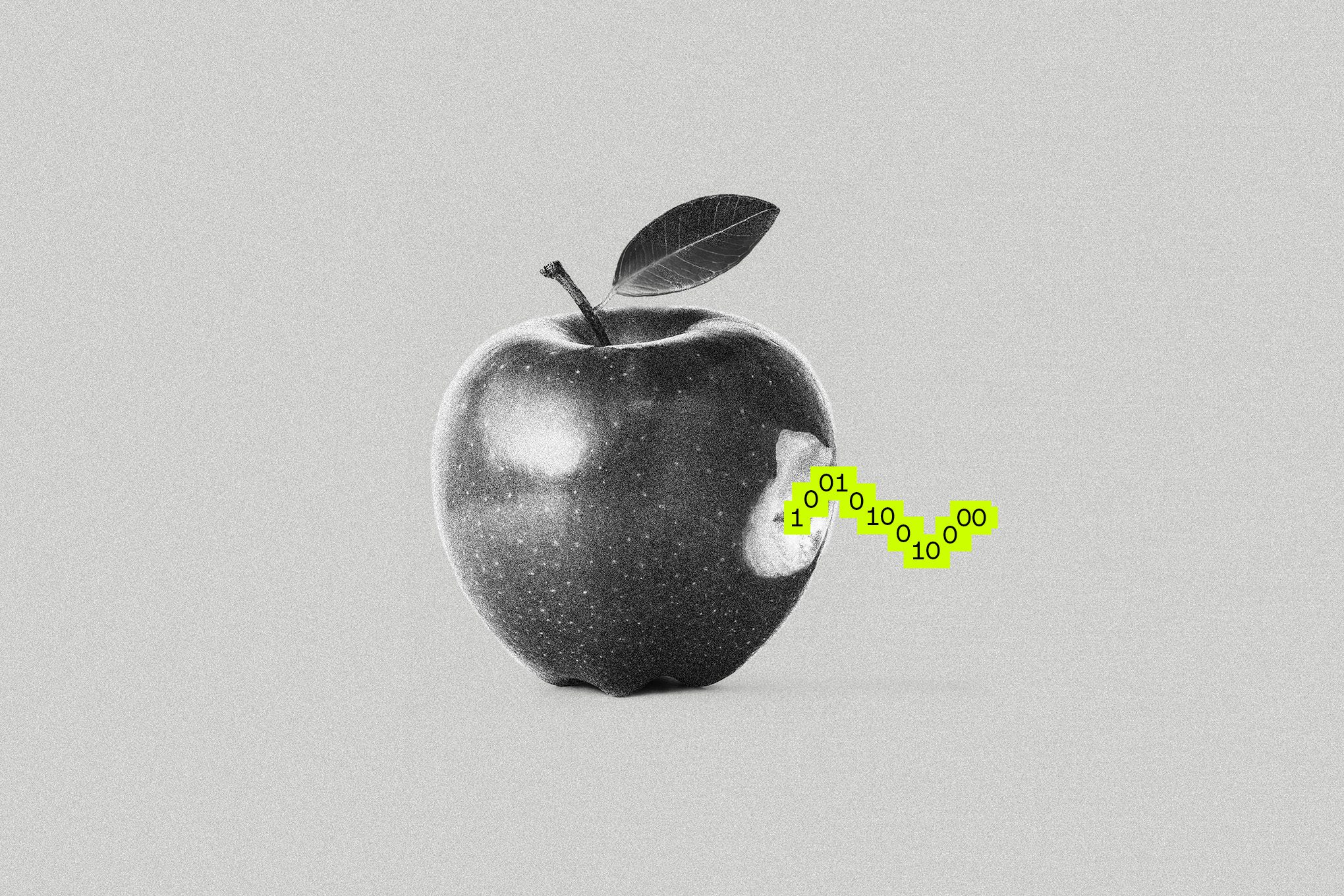
chaos and lies why sam altman was New testimony reveals the tumultuous circumstances surrounding Sam Altman’s brief ousting from OpenAI, shedding light on internal conflicts and the board’s concerns regarding transparency.
chaos and lies why sam altman was
The Brief Ousting of Sam Altman
In November 2023, the tech world was taken by surprise when Sam Altman, the CEO of OpenAI, was abruptly removed from his position by the company’s board of directors. This unexpected decision sent shockwaves through the artificial intelligence community and raised numerous questions about the internal dynamics at OpenAI. The board’s official statement cited a lack of consistent candor in Altman’s communications, which they claimed undermined their confidence in his leadership. This situation was particularly striking given Altman’s prominence in the AI field and his role in steering OpenAI towards its ambitious goals.
Board’s Concerns
The board’s decision to oust Altman was reportedly influenced by a series of internal discussions and disagreements. Ilya Sutskever, a co-founder of OpenAI and a key figure in the organization, played a significant role in this decision. The board expressed concerns that Altman had not been fully transparent about certain developments within the company, particularly regarding the direction of AI research and deployment strategies. These concerns were compounded by the rapid advancements in AI technology, which necessitated a high level of trust and communication among board members and executives.
Employee Backlash
Altman’s removal was met with immediate backlash from OpenAI employees. Within days, hundreds of employees threatened to resign if Altman was not reinstated. This unprecedented show of solidarity among staff members highlighted the deep respect and loyalty Altman had cultivated during his tenure as CEO. The employee response underscored the belief that Altman was not only a visionary leader but also someone who fostered a collaborative and innovative work environment.
Reinstatement and Aftermath
After just under a week of uncertainty, Altman was reinstated as CEO, a decision that reflected the overwhelming support he had from OpenAI’s workforce. The board’s initial decision to remove him raised questions about governance and the decision-making processes within the organization. The swift reversal also indicated that the board may have underestimated the loyalty and commitment of OpenAI’s employees to their leader.
Implications for OpenAI’s Governance
The events surrounding Altman’s ousting and subsequent reinstatement have sparked discussions about the governance structure at OpenAI. The board’s actions raised concerns about the balance of power between executives and board members, particularly in a rapidly evolving field like artificial intelligence. The incident highlighted the need for clear communication and alignment between the board and executive leadership, especially when navigating complex and high-stakes decisions.
Insights from Ilya Sutskever’s Testimony
Recent testimony from Ilya Sutskever has provided further insights into the motivations behind the board’s actions. Sutskever’s deposition revealed that he had significant reservations about Altman’s approach to certain AI projects. He expressed concerns that Altman’s vision for the future of AI might not align with the board’s expectations and ethical considerations. This divergence in perspectives ultimately contributed to the board’s decision to remove Altman.
Concerns Over AI Ethics
One of the primary issues raised by Sutskever and other board members was the ethical implications of AI development. As AI technology continues to advance at an unprecedented pace, the potential risks associated with its deployment have become a focal point for many stakeholders. Sutskever’s testimony indicated that the board was particularly concerned about the societal impact of AI and the need for responsible governance in this area. This concern reflects a broader trend within the tech industry, where ethical considerations are increasingly influencing decision-making processes.
The Role of Transparency
Transparency emerged as a central theme in the discussions surrounding Altman’s ousting. The board’s assertion that Altman was not consistently candid in his communications raises important questions about the expectations for transparency within organizations, particularly those operating in high-stakes fields like AI. The incident serves as a reminder of the critical importance of open dialogue and trust among leadership teams, especially when navigating complex and rapidly changing landscapes.
Stakeholder Reactions
The reactions to Altman’s ousting and subsequent reinstatement were varied among stakeholders in the tech community. Many industry experts expressed concern about the implications of such internal conflicts for OpenAI’s future. Some viewed the incident as a cautionary tale about the challenges of governance in organizations at the forefront of technological innovation. Others praised the employees’ swift response as a demonstration of solidarity and commitment to ethical leadership.
Looking Ahead: The Future of OpenAI
As OpenAI moves forward, the events of November 2023 will likely have lasting implications for its governance and operational strategies. The board’s actions and the subsequent employee response may prompt a reevaluation of how decisions are made within the organization. Moving forward, it will be crucial for OpenAI to establish clear communication channels and foster a culture of transparency to rebuild trust among its leadership and employees.
Potential Changes in Governance Structure
In light of the recent turmoil, OpenAI may consider implementing changes to its governance structure to prevent similar conflicts in the future. This could involve redefining the roles and responsibilities of board members and executives, as well as establishing clearer guidelines for communication and decision-making processes. By addressing these issues proactively, OpenAI can work towards creating a more cohesive and effective leadership team.
Conclusion
The tumultuous events surrounding Sam Altman’s ousting and reinstatement as CEO of OpenAI serve as a critical case study in organizational governance and leadership dynamics. The revelations from Ilya Sutskever’s testimony highlight the complexities of navigating ethical considerations in AI development and the importance of transparency in fostering trust among stakeholders. As OpenAI continues to shape the future of artificial intelligence, the lessons learned from this incident will undoubtedly influence its approach to governance and decision-making in the years to come.
Source: Original report
Was this helpful?
Last Modified: November 6, 2025 at 8:38 pm
5 views















